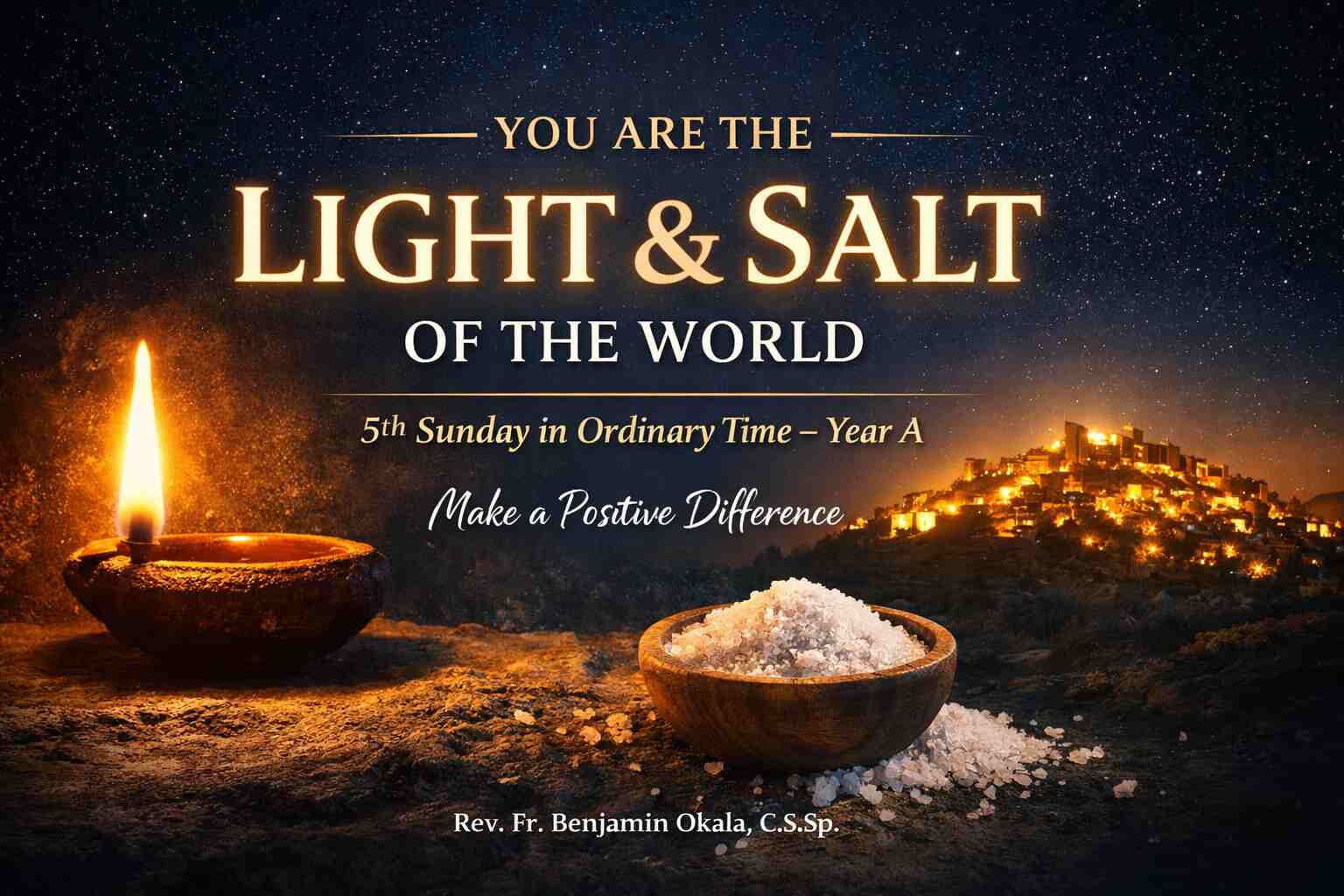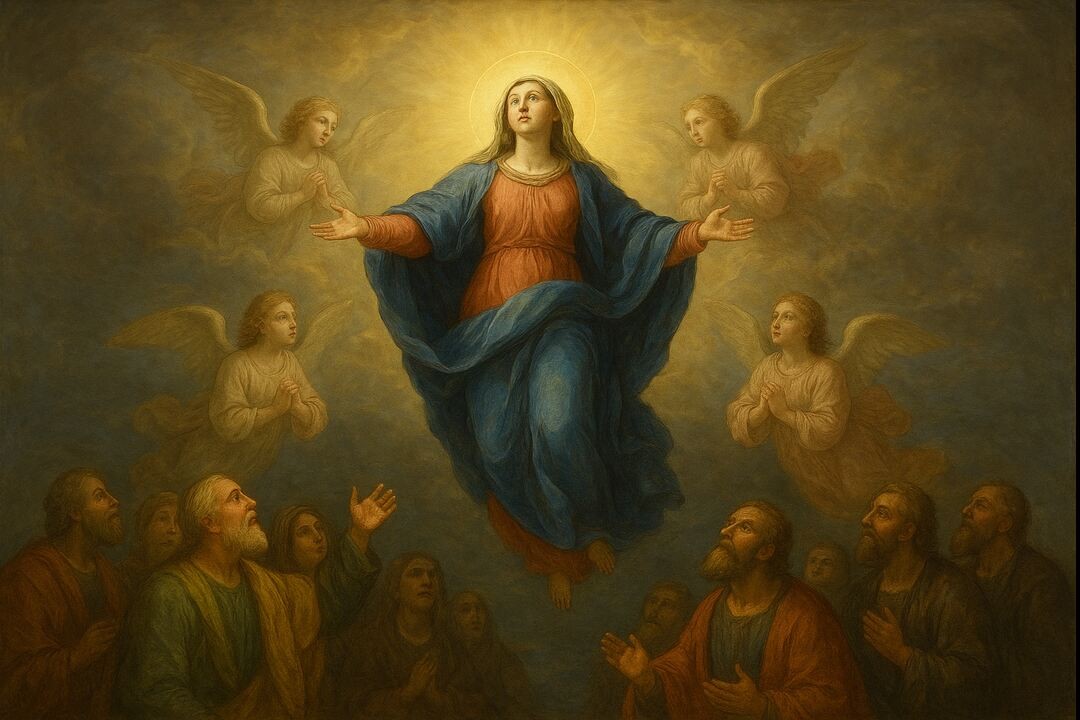Homily of 11th Sunday of Ordinary Time Year, B
First Reading: Ezekiel 17:22–24; Second Reading: 2 Corinthians 5:6–10; Gospel: Mark 4:26–34
Dearly beloved, have you ever reflected on the true meaning of the Kingdom of God? Do you think it is something very far from us? Certainly, the Kingdom of God is not a physical kingdom with borders or a specific location. But rather a spiritual reality that encompasses God’s sovereignty, presence, and authority. In today’s gospel reading, Jesus Christ explains the concept of the Kingdom of God, like a tiny mustard seed that could subsequently grow into a mighty plant.
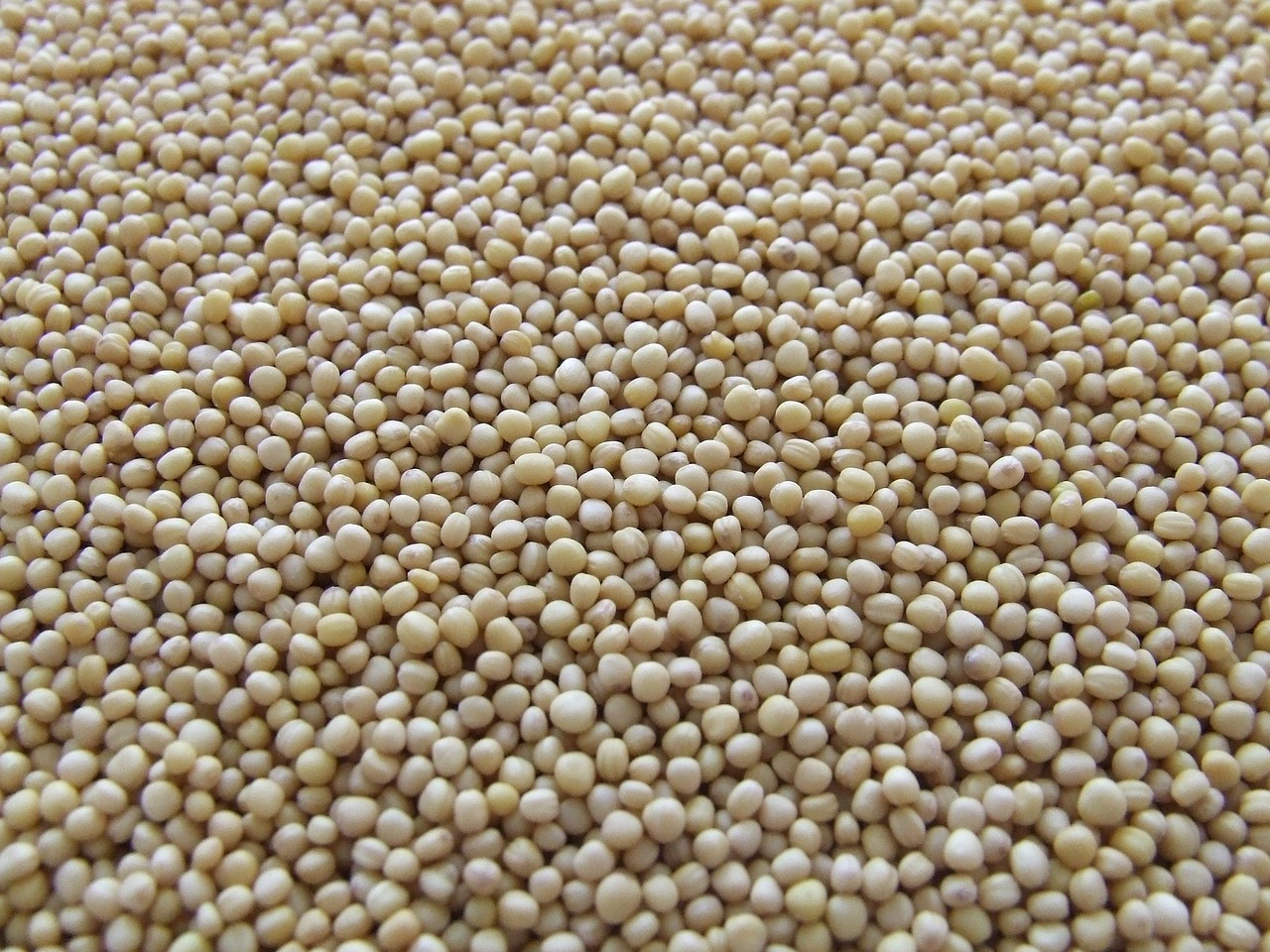
Moreover, Jesus Christ usually employs a metaphorical expression in all His teachings. He describes the Kingdom of God as both a present reality and a future hope. It is already here in the sense that God is actively at work in the world. Bringing about His purposes and inviting people to live in accordance with His will. At the same time, the Kingdom of God is also seen as a future fulfillment, when God’s rule will be fully established and all things will be made new. In this homily, we shall reflect on the mystery of the Kingdom of God.
The Mystery of the Kingdom: A Seed of Transformation
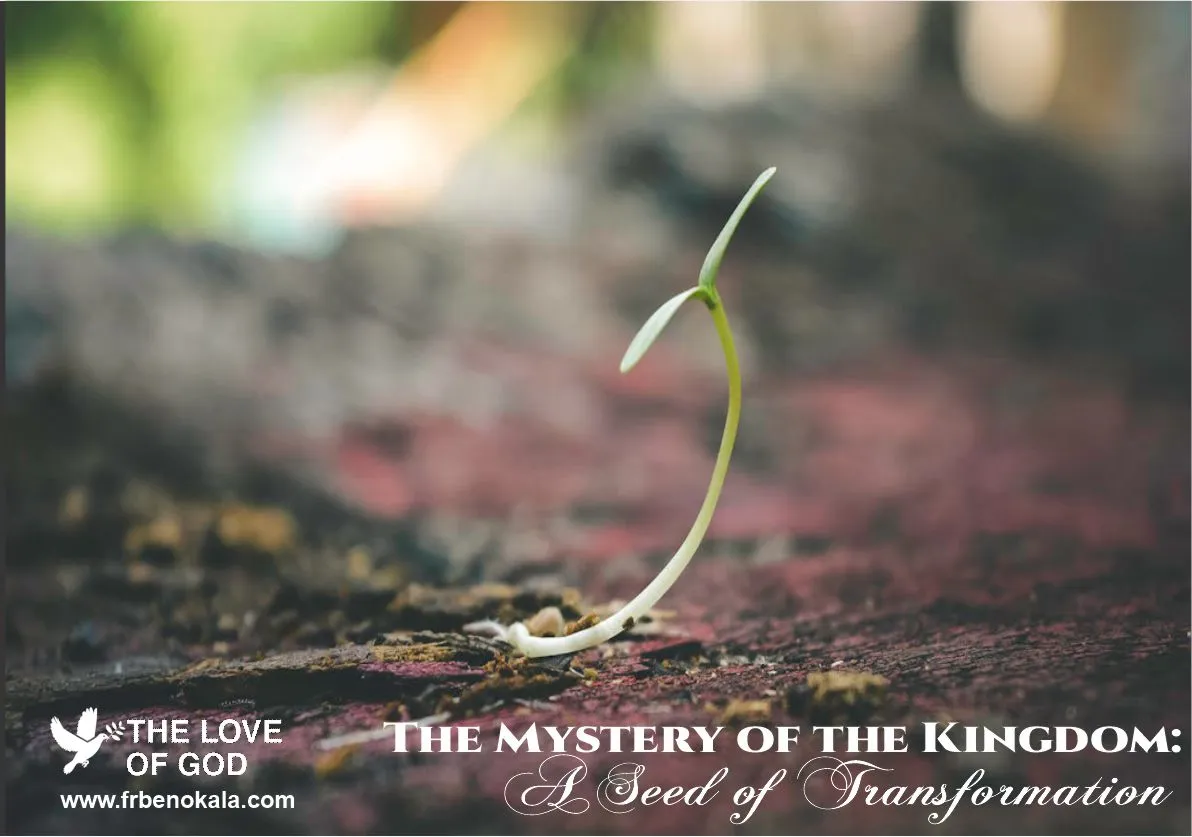
God’s Kingdom, though seemingly hidden at times, is a force of incredible power, destined to grow and encompass all creation. In the first reading, God speaks through the prophet Ezekiel of a tiny seed that sprouts into a majestic cedar. He says, “I will plant the cedar’s sprig on Israel’s mountain height, so it may grow and bear fruit, becoming a noble cedar. All kinds of beasts will dwell under it, and birds will nest in its branches” (Ezekiel 17:23).
In the gospel reading, Jesus Christ presents a similar image through the parable of the mustard seed. These metaphors remind us that the Kingdom of God is not some grand spectacle that will appear overnight. It begins with something small, almost insignificant; a tiny seed nestled in the earth. But within that seed lies a potent mystery. In other words, it possesses the potential for immense growth and a promise of transformation (Mark 4:30–32). Like the mustard seed, the Church had a humble beginning, with a few disciples who formed some sort of community. After Pentecost, there was a transformative expansion and growth of the members of the Church. What a mystery!
The Kingdom of God: An invitation to Cultivate the Soil of Our Hearts
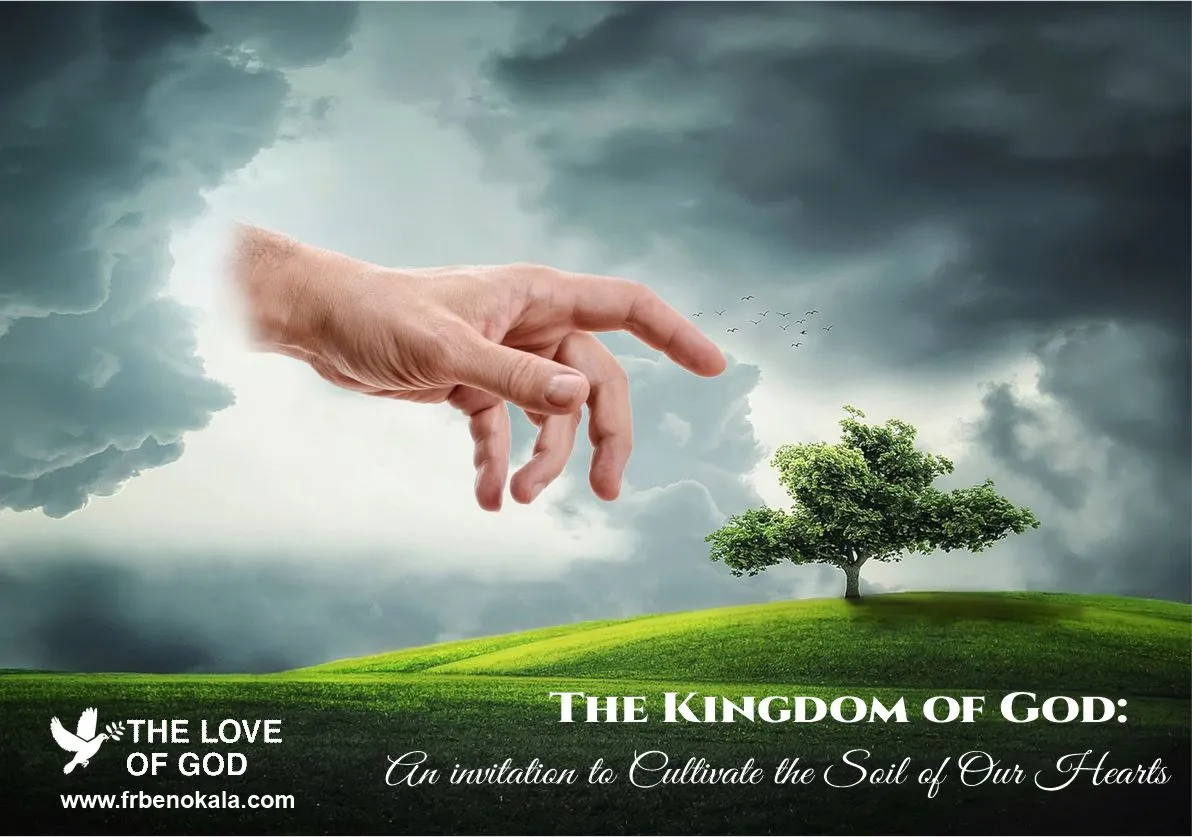
In the second reading, St. Paul reminds us that we live by faith, not by sight (2 Corinthians 5:7). The Kingdom of God may not always be readily apparent in the world around us, but it exists nonetheless. It exists within the hearts of believers, a seed planted by God’s grace. We are called to be planters, sowing seeds that will one day blossom into a magnificent harvest. It is our responsibility to nurture this seed. To cultivate the soil of our hearts through prayer, good works, and a life lived according to God’s will. (Matthew 13:31–32)
Moreover, every act of kindness, display of compassion, choice made in accordance with God’s teachings are the tiny shoots that begin to push through the earth. Of course, they are the outward signs of the Kingdom of God taking root within us. In other words, whatever good works we do for others, we are contributing to the growth of God’s kingdom (Matthew 25:31–45). Actually, true success often requires patience, perseverance, and unwavering faith. Like the mustard seed, our efforts initially may not yield immediate results, but when we persevere, through hard work and prayers, success will surely knock at our doors (Job 8:7).
Living out the Values of the Kingdom of God with Faith

Jesus Christ often uses parables to illustrate what the Kingdom of God is like. He emphasizes that it is open to all who are willing to receive it with childlike faith and humility. It is characterized by values such as love, justice, mercy, equity, fairness, honesty, forgiveness, peace, etc. It is a realm where God’s will is done and where people are invited to participate in bringing about God’s purposes on earth and live out the values of the Kingdom of God with faith.
When we live in accordance with the values of the Kingdom of God, we inspire those around us. We become beacons of hope, encouraging others to cultivate the seeds of faith within their own hearts. In this way, the Kingdom of God grows not just within us but through us, touching the lives of others and drawing them closer to its transformative power. As a Christian family that is spiritually interconnected, we are part of a vast network, a web of faith that spans the globe. Our actions, big or small, have the potential to shine or create ripples that travel far and wide (Matthew 5:14–16).
Our Judgment and Responsibility in the Kingdom of God
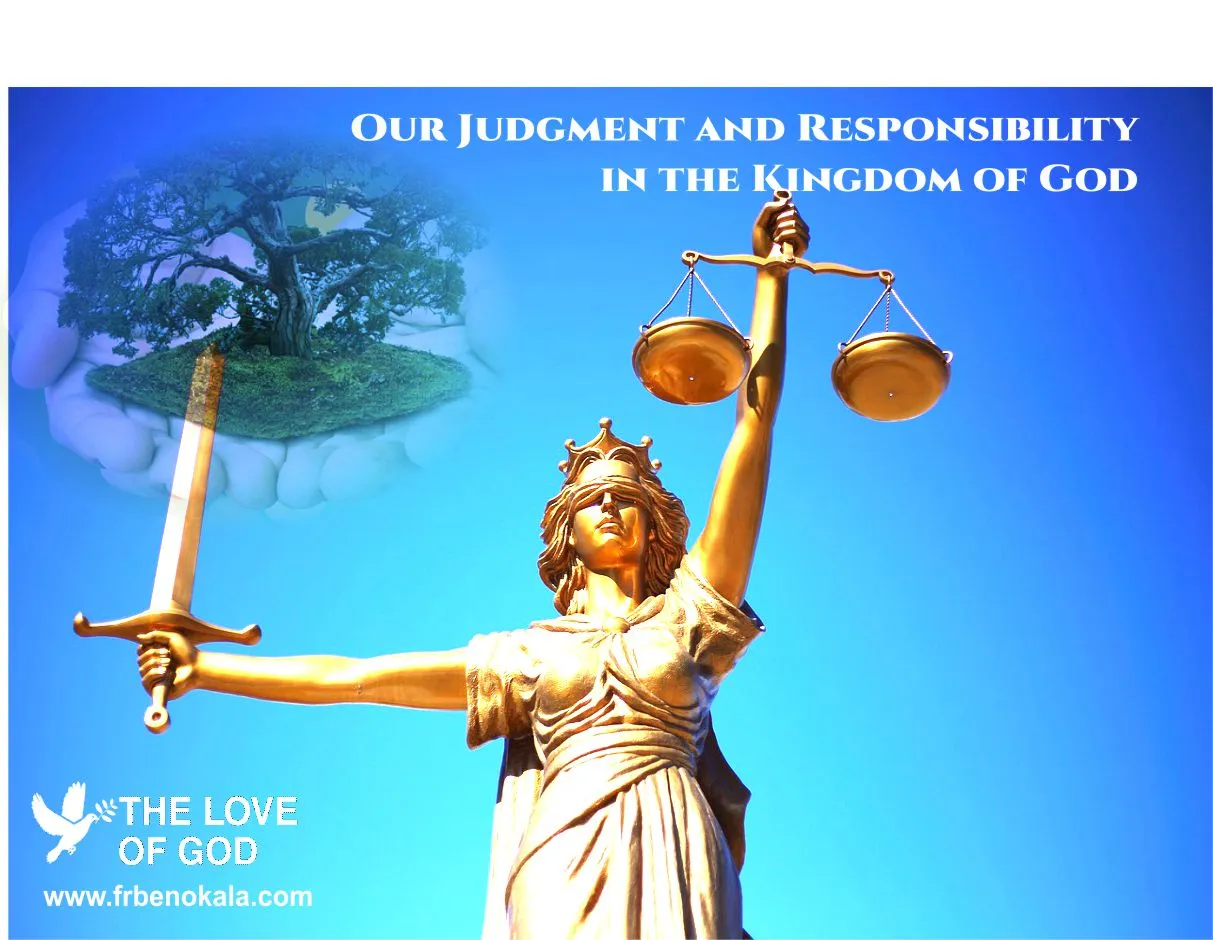
St. Paul, in the second reading, also reminds us that a day of reckoning awaits us. Hence, we will be judged according to the life we have led. This is not a call to fear, but a call to responsibility (2 Corinthians 5:10–12). Therefore, we are entrusted with the care of these precious seeds of the Kingdom of God. Noteworthy, when taking care of these precious seeds, we must cultivate the virtues of faith, patience and perseverance.
Knowing that our actions have consequences, not just for ourselves but for the wider Christian family, should motivate us to be diligent stewards. We must tend the field with care, weeding out negativity: hatred, jealousy, selfishness, pride, tribalism, nepotism, corruption, deception, sabotage, etc. But begin to cultivate the fruits of the Holy Spirit: love, joy, peace, patience, kindness, goodness, faithfulness, gentleness, and self-control (Galatians 5:22–23).
Conclusion
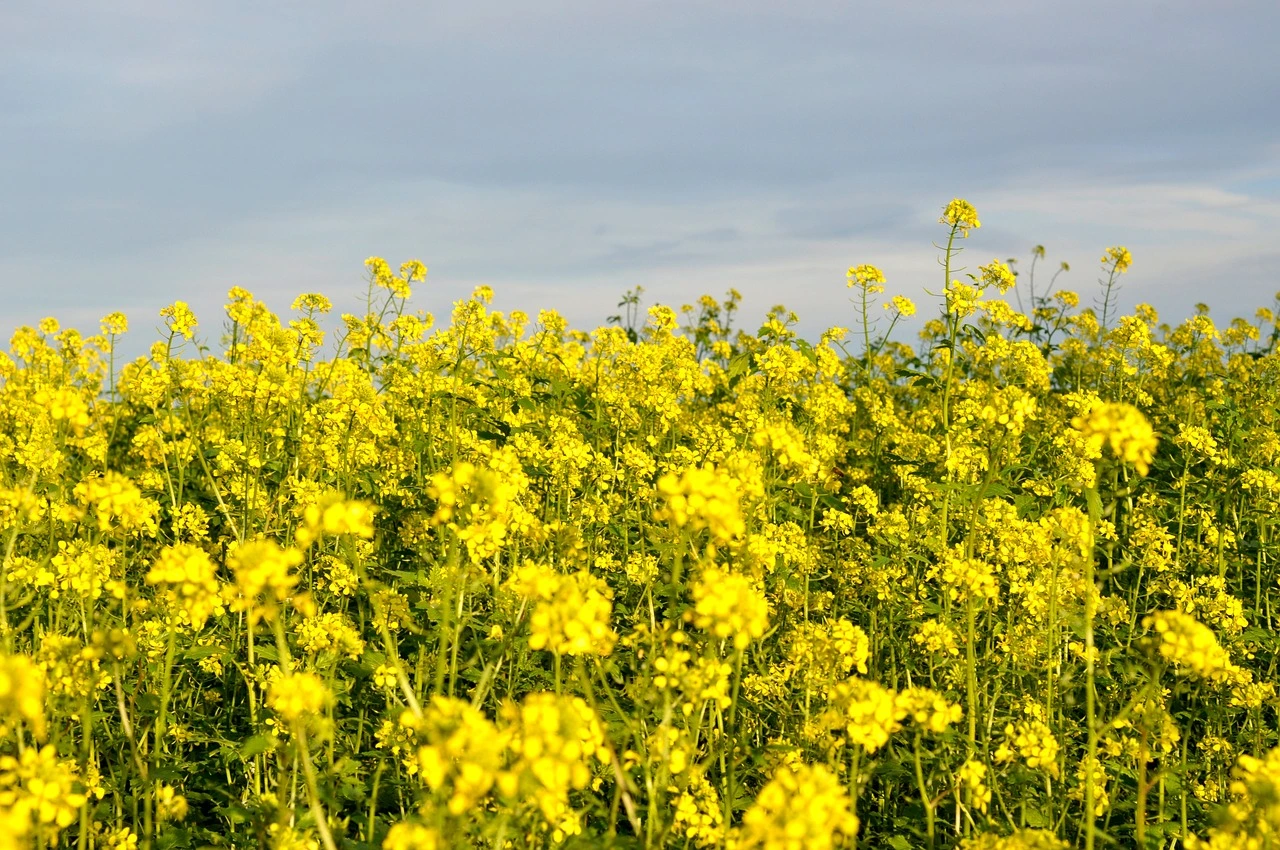
Dearly beloved, from the foregoing, the readings remind us that the Kingdom of God is not a distant reality but a present possibility that grows within each of us. It is a sovereignty that is characterized by values such as love, justice, mercy, equity, fairness, honesty, forgiveness, peace, etc. A kingdom where God’s will is done and is open to all who are willing to receive it with childlike faith and humility.
True success often requires patience, perseverance, and unwavering faith. So, we are called to nurture a seed of faith in our hearts and become responsible Christians. Besides, our actions have a tremendous effect on the growth of the Kingdom of God. Our efforts initially may not yield immediate results, but when we persevere, through hard work and prayers, success will surely knock at our doors. Therefore, may we embrace this responsibility with joy and dedication, nurturing the seeds of faith within ourselves and in others. So that together we can help usher in the glorious harvest of God’s Kingdom that is present and also futuristic.
Prayer:
I pray that the Holy Spirit may open your heart to the transformative power of the Kingdom of God. May the seeds of faith be sown and nurtured within you so that you may faithfully cultivate their growth through your actions. At the end of your earthly life, may God welcome you into His Heavenly Kingdom through Jesus Christ, our Lord, Amen.
Peace of Christ be with you.
Rev. Fr. Benjamin Okala, C.S.Sp.

